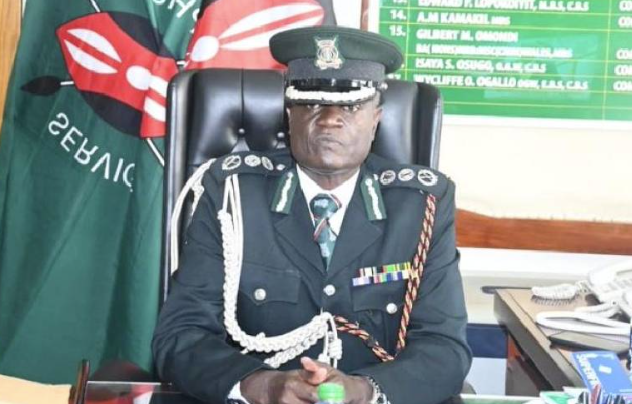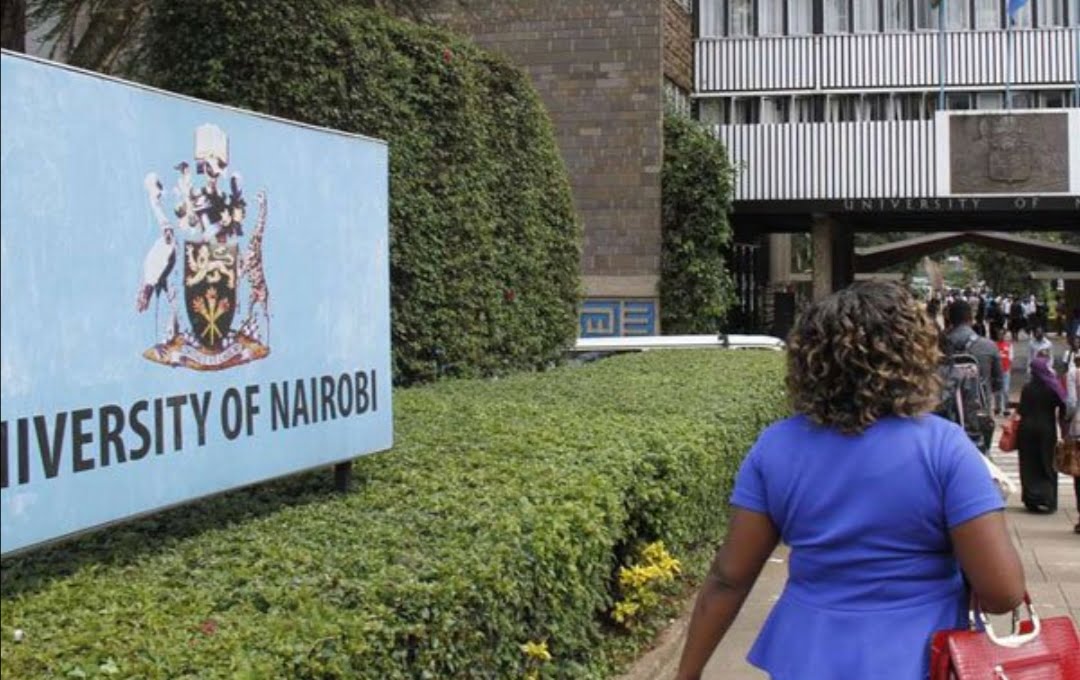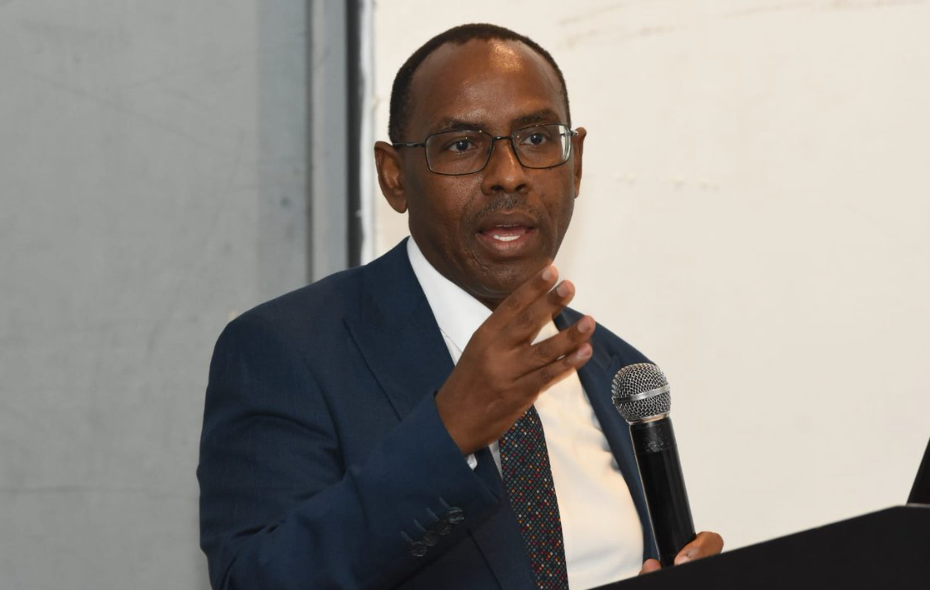The Auditor-General has put the State Department for Correctional Services on the spot over an irregular Ksh 3 million rent bill incurred on behalf of immediate former Commissioner-General of Prisons, Brigadier (Rtd) John Warioba, despite the officer being entitled to a standard housing allowance and not the leasing of a private residence at taxpayers’ expense.

In her audit of the 2023/2024 financial year, Auditor-General Nancy Gathungu questioned why the government entered into a tenancy agreement with a private service provider to secure a house for Warioba at a monthly rent of Ksh 250,000, translating to Ksh 3 million over the year, even though his appointment letter clearly indicated that he was entitled to a housing allowance capped at Ksh 100,000 per month.
The arrangement, she noted, accorded the former prisons boss benefits far in excess of his entitlement and in contravention of clear guidelines issued by the Salaries and Remuneration Commission (SRC), which is constitutionally mandated to regulate and advise on the pay and perks of State officers.
The audit goes further to highlight that the lease agreement for Warioba’s residence was never registered with the State Department for Housing and Urban Development, a statutory requirement meant to safeguard transparency and ensure accountability in the use of public funds.
The omission raises fresh concerns not only about procedural compliance but also about deliberate circumvention of the law in the management of government housing benefits.
This controversy is compounded by stark inequalities revealed within the prison service itself.
The Auditor-General’s performance review documents a striking contrast between the superior benefits extended to senior officers and the dire living conditions endured by rank-and-file warders.
According to the report, while top officials enjoy government-leased houses and allowances, many junior prison officers are consigned to dilapidated structures, makeshift shanties, and even open halls crudely partitioned with cardboard, old newspapers, bed sheets, or polythene sheets.
Most of these dwellings lack basic amenities such as running water, sanitation, and privacy, conditions that officers admit have eroded their dignity, strained their family life, and left them embarrassed to host visitors.
The findings paint a picture of institutional neglect, where the plight of junior officers has been ignored in direct violation of Article 43(1)(b) of the Constitution, which guarantees every Kenyan the right to accessible and decent housing.
The audit stresses that a minimum standard for prison officers should be set: for single officers, at least a self-contained single room with water and sanitation, while junior officers with families should access one-bedroom units; senior officers, on the other hand, would reasonably expect two-bedroom units.
Warioba, who was appointed by former President Uhuru Kenyatta in November 2021 following the dismissal of Wycliffe Ogalo, held office until July 2024 when President William Ruto appointed Patrick Aranduh as his successor.
Upon his exit, Warioba publicly declared that he retired with his “head held high” and pride in his service to the Prisons Department, sentiments that now stand in sharp contrast with the Auditor-General’s findings that his tenure was tainted by irregular benefits.
The matter now lies with Parliament, which will deliberate on the audit findings and determine whether the irregular expenditure should be surcharged, investigated further, or both.
For Gathungu, the larger issue is not only about one officer’s inflated rent bill but about systemic disregard for constitutional principles of accountability, equality, and fairness in the management of public resources within Kenya’s correctional services.











































